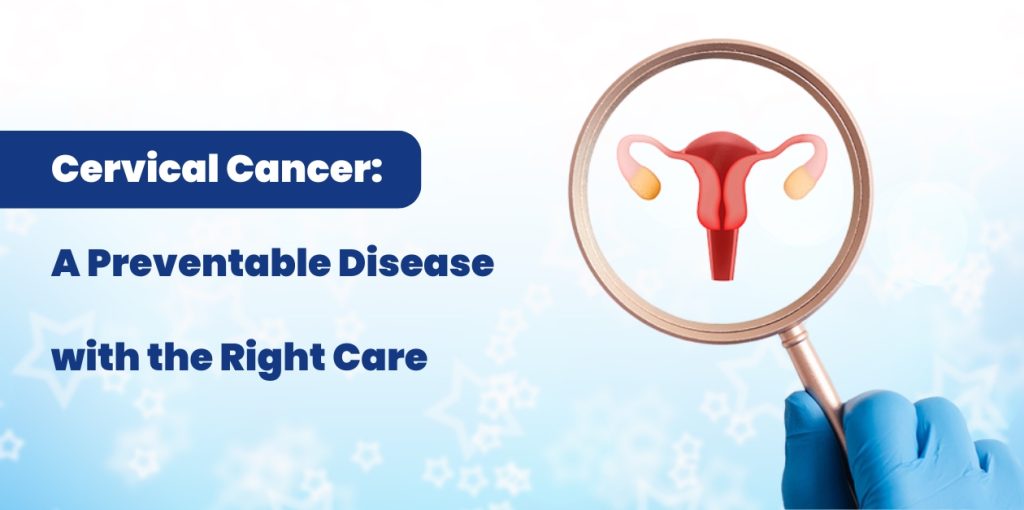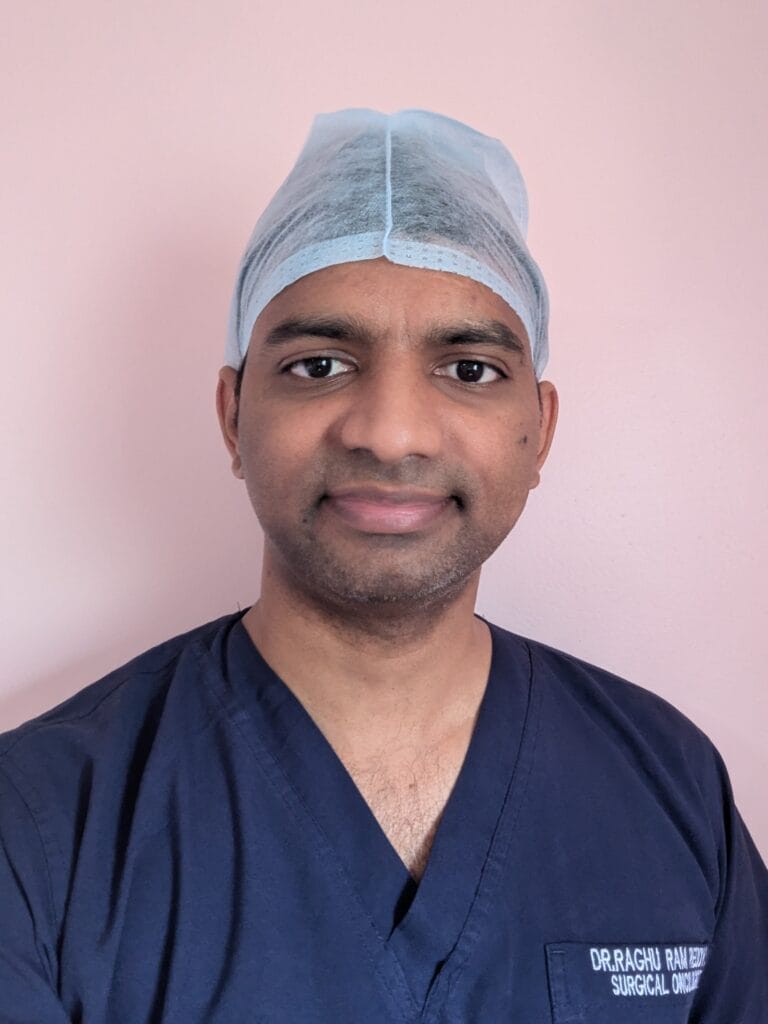Total Colectomy: Causes, Procedure & Recovery | PI Health Cancer Hospital

At PI Health Cancer Hospital, we’re all about advanced colorectal surgery, especially when it comes to total colectomy—a crucial procedure that involves taking out the entire colon. Our skilled team of colorectal surgeons is dedicated to using the latest techniques and providing personalized care for patients facing serious colon issues, all while prioritizing safety, comfort, and the best possible outcomes.
So, what exactly is a total colectomy?
It’s a surgical operation that removes the whole colon (that’s the large intestine, by the way). The colon plays a key role in absorbing water and electrolytes and storing waste. In some cases, the best way to enhance health or avoid serious complications is to remove the entire colon.
Depending on your specific situation, the surgery might involve:
Connecting the small intestine directly to the rectum (this is called ileorectal anastomosis), which allows for bowel movements through the anus.
We’re here to help you understand your options and what to expect every step of the way.
Conditions That May Lead to a Total Colectomy
A total colectomy is typically suggested for:
- Colon Cancer
When cancer affects several parts of the colon or if there’s a genetic risk (like Lynch syndrome), removing the entire colon can often be the safest option.
- Ulcerative Colitis
This long-term condition results in inflammation and ulcers in the lining of the colon. In severe cases, where medications don’t work, surgery might be the best way to find relief.
- Crohn’s Disease
While it’s less common, patients with significant colon involvement or serious complications might find a total colectomy beneficial.
- Familial Adenomatous Polyposis (FAP)
This genetic disorder leads to the development of numerous polyps in the colon, which can almost guarantee cancer if not treated.
- Severe Diverticulitis or Perforation
If inflammation causes abscesses, perforation, or frequent flare-ups, it may be necessary to remove the entire colon.
- Colonic Inertia
This condition results in chronic constipation due to the colon’s inability to push waste through. Surgery can enhance quality of life when other treatments fall short.
How Is a Total Colectomy Done?
At PI Health, we provide both traditional open surgery and minimally invasive techniques, such as laparoscopic and robot-assisted total colectomy, tailored to each patient’s needs.
- Procedure Steps:
First, general anesthesia is given.
Then, the surgeon removes the entire colon.
Depending on the situation:
The small intestine is connected to the rectum (ileorectal anastomosis), OR
Finally, the abdomen is closed, and recovery begins.
- Postoperative Recovery
Recovering from a total colectomy can vary based on the surgical technique used and your overall health.
- In-Hospital Recovery:
Typically, you’ll spend about 4 to 7 days in the hospital.
You’ll receive intravenous fluids and gradually start eating again.
Pain management will be a priority, along with monitoring for any complications.
- At-Home Recovery:
Expect a full recovery in about 6 to 8 weeks.
You’ll have follow-up appointments to keep an eye on your healing process.
Dietary adjustments and possibly some physical therapy may be necessary.
Life After Total Colectomy
Diet & Nutrition
At first, a low-fiber, bland diet is recommended.
You can gradually reintroduce your normal foods.
Staying hydrated is especially important if you have an ileostomy.
Bowel Habits
You might notice more frequent and looser stools, particularly if your rectum is preserved.
Foods that thicken stool and certain medications can help manage this.
Emotional Support
Undergoing major surgery can be a significant life change. We offer counseling and support groups to help you navigate this transition
Risks and Complications
Like any major surgery, a total colectomy comes with its own set of risks, including:
- Infection or bleeding
- An anastomotic leak if the bowel ends are reconnected
- Small bowel obstruction
- Nutritional deficiencies
At PI Health, we take every precaution to minimize these risks and ensure a smooth recovery.
Why Choose PI Health Cancer Hospital?
We pride ourselves on being a center of excellence in gastrointestinal surgery. Here’s what makes us stand out:
Expert Colorectal Surgeons with extensive specialized experience
Minimally Invasive & Robotic Techniques for quicker recovery
Comprehensive Pre- and Post-Operative Care
A Multidisciplinary Team that includes dietitians, physiotherapists, and counselors
Personalized Treatment Plans tailored to your unique condition
Whether you’re dealing with colon cancer, IBD, or a genetic condition, PI Health is here to provide expert, compassionate care every step of the way.
Schedule a Consultation
Concerned about a colon condition? Talk to our specialists today and explore your options.
About Author
Dr. Raghu Rami Reddy S
M.B.B.S, M.S, DRNB Surgical Oncology, FALS – Oncology
Dr. Raghu Rami Reddy is a highly skilled and experienced Surgical Oncologist specializing in the diagnosis and treatment of various cancers. With a commitment to providing the highest standard of care, Dr. Reddy utilizes advanced surgical techniques to treat a wide range of oncological conditions, including breast, gastrointestinal, and head and neck cancers, among others.He is dedicated to offering personalized treatment plans that are tailored to each patient’s unique needs, ensuring optimal outcomes and quality of life.

